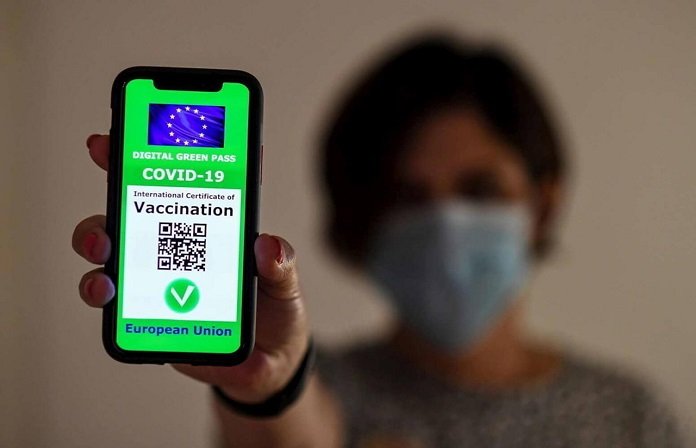Unlocking the World
The International Air Transport Association (IATA) has warned that the free movement of citizens within Europe is being jeopardised by the failure of the EU Member States to impose harmonised COVID-19 entry regulations.
According to a press release issued by IATA, the reopening of borders is creating confusion for travellers and businesses since it is not providing the anticipated advantages in the context of easier travel and recovery of the economy, SchengenVisaInfo.com reports.
“It’s essential that European states come together on COVID-19 travel procedures. The good work done by the Commission and the states to develop the DCC is being wasted by a mess of unharmonized regulations. How can passengers travel with confidence when the rules are so different in each country within the European Union?” IATA’s Regional Vice President for Europe, Rafael Schvartzman, said.
As such, based on a study that IATA has conducted, it has been shown that significant differences lie between the EU Member States regarding the way they are managing travel amid the COVID-19 pandemic. The main findings are as follows:
Approximately 30 percent of the countries that use the EU Digital COVID Certificate scheme are not accepting rapid antigen tests
- 19 percent of the countries are not exempting children from testing rules
- 41 percent of countries are not permitting entry to vaccinated travellers arriving epidemiologically safe third countries
- 45 percent of the countries accept online Passenger Locator Forms (PLF) submissions
- 33 percent of the countries accept both paper and online submissions of PLF
- 11 percent of the countries only accept PLF paper submission
- 11 percent do not have locator forms
In addition, with reference to harmonizing the Digital COVID Certificate (DCC) requirements, IATA and other stakeholders have urged the EU countries to digitally conduct verifications of the certificate before the passengers arrive at the airport in order to limit disruptions.
It has also been required that all states develop a portal that would facilitate DCC verification by national authorities and limit the processing of health data by airlines.
Except for that, it has been highly encouraged that digital Passenger Locator Forms get integrated into a state portal.
“The experience over the European summer shows that a standard digital certificate is not enough. We urge European states to sort out the current mess and give hard-pressed passengers greater certainty over their travel plans,” Schvartzman added.
Moreover, it has been emphasized that EU countries also need to align on health requirements, including the acceptance of rapid antigen tests, the exemption of minors from testing and vaccination requirements, the universal opening of borders for vaccinated persons, and those arriving from safe third countries.
Previously, IATA revealed that due to the effects that the COVID-19 pandemic had on the travel sector, travel demand during July 2021 has decreased by 53.1 percent compared to the same month in 2019.











